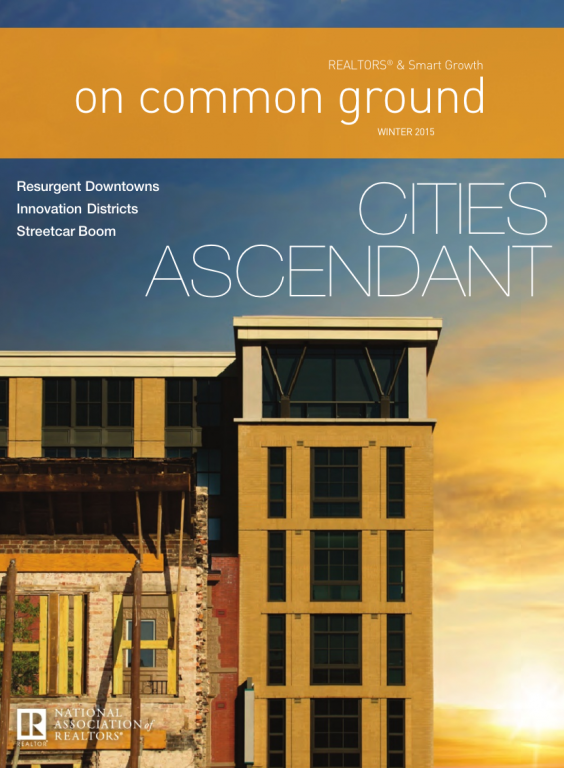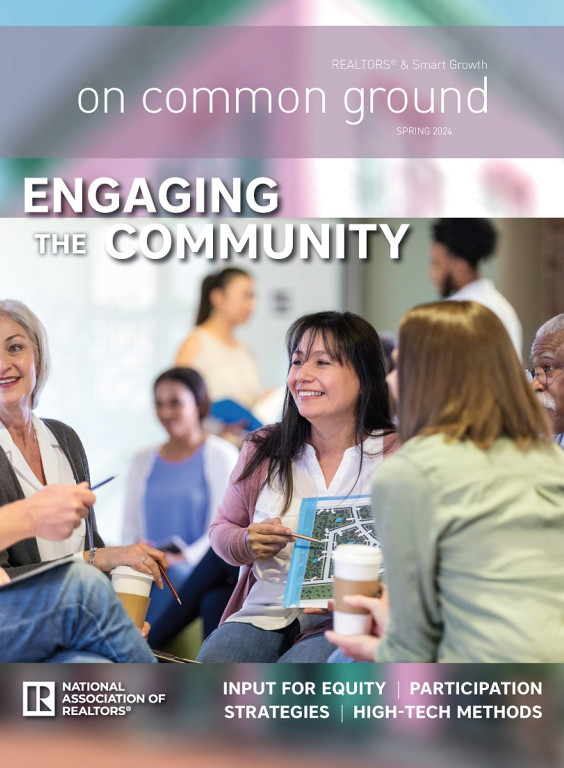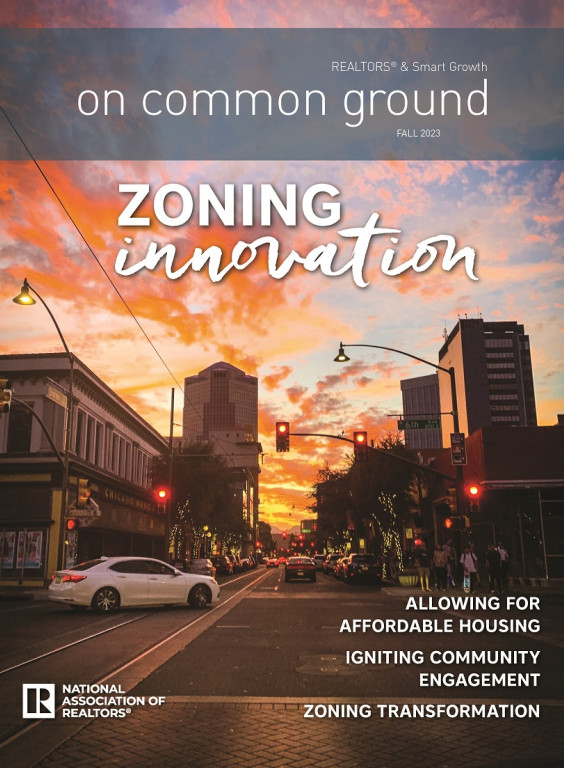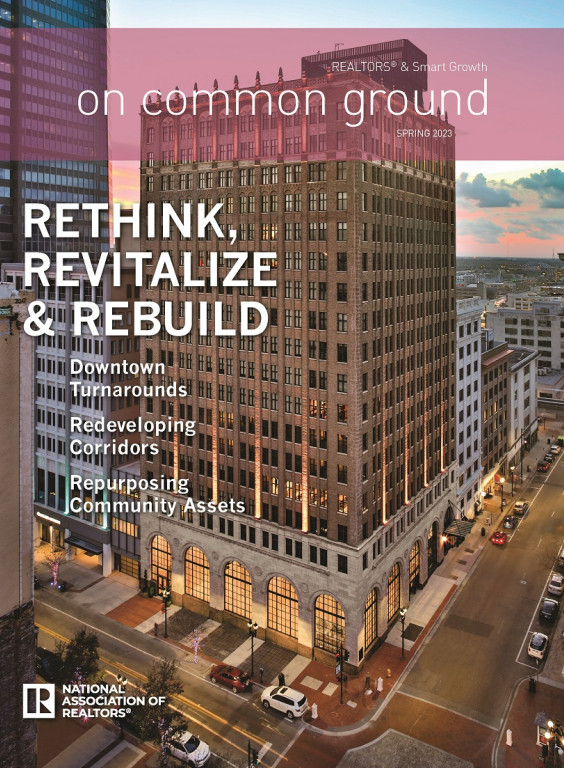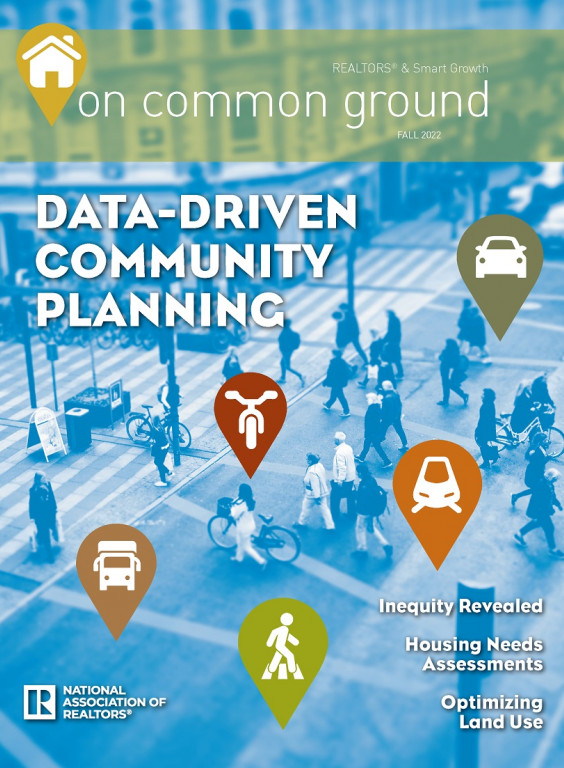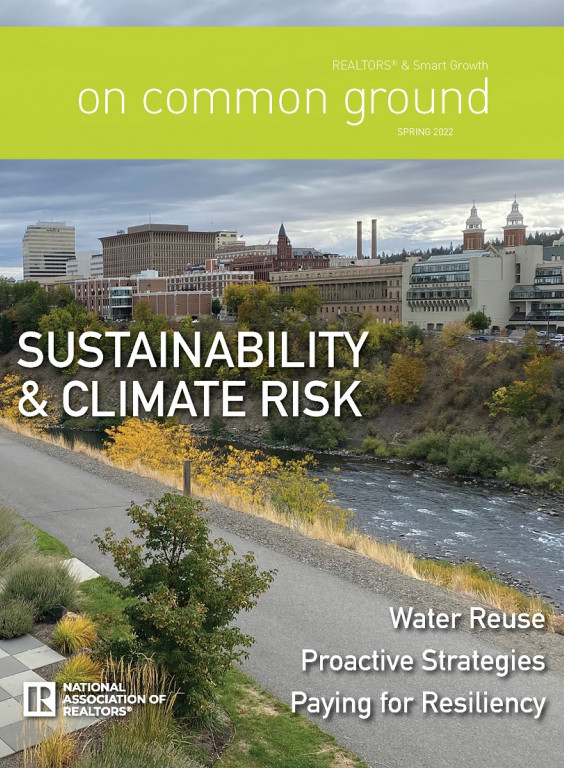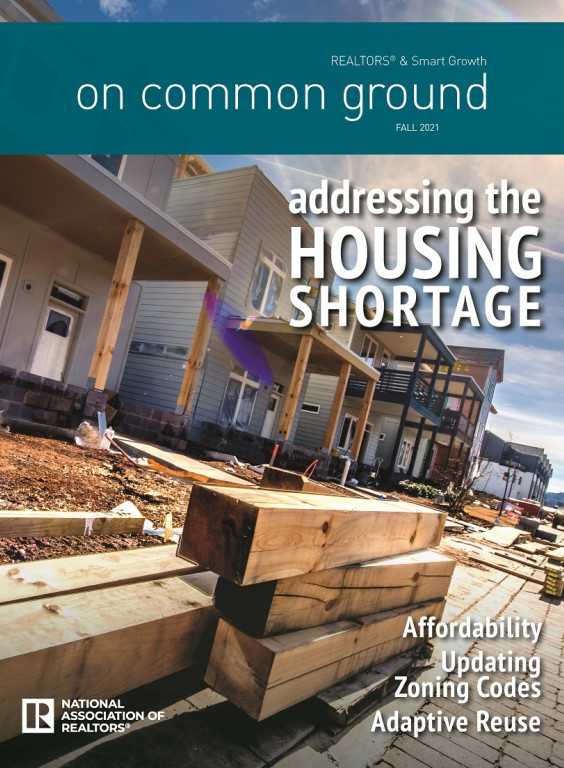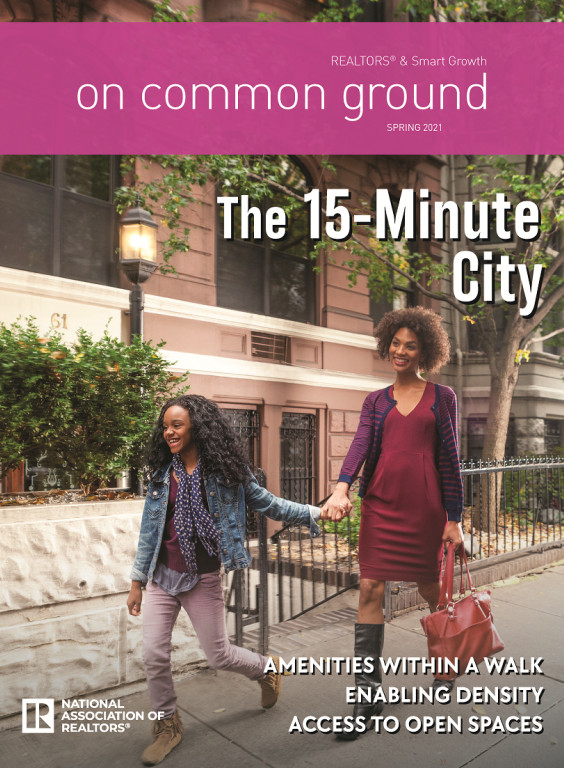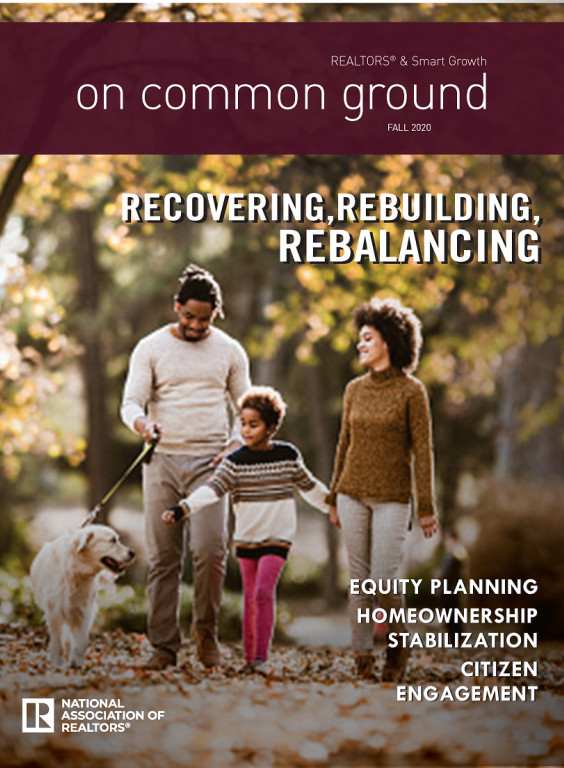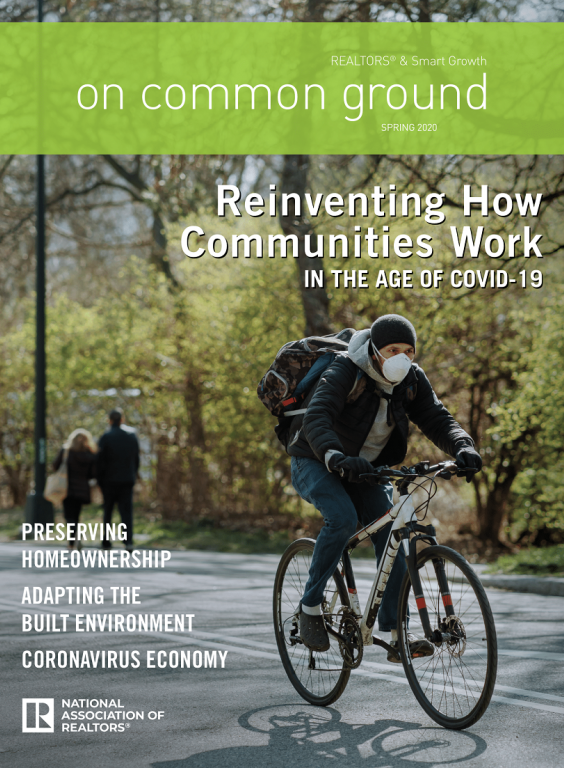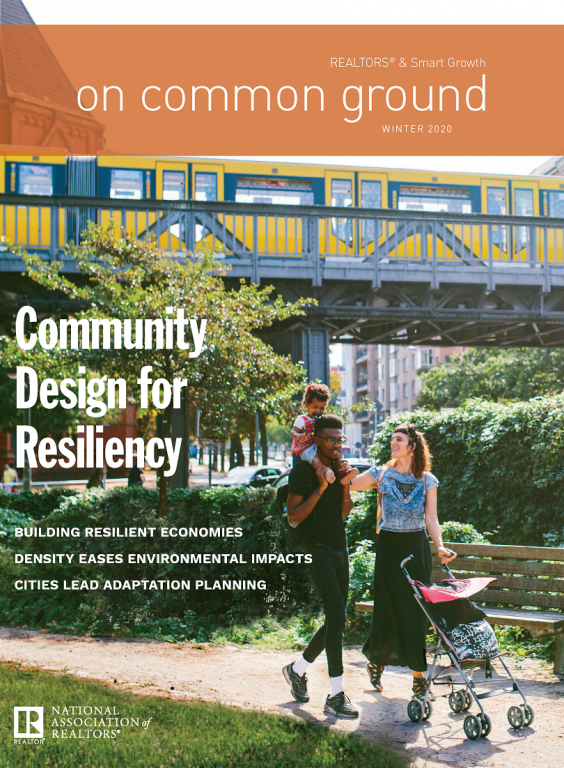Demand for living and working in cities is higher than at any time in the past 60 years. The largest cities are becoming larger, and the central cities are seeing more growth than in the suburbs. This urban reawakening is the future of our economy.
Download (PDF: 6.83 MB)
In This Issue
The country’s population is shifting between regions, states and cities. This ebb and flow is changing the dynamics of American demographics.
According to census figures, downtowns have grown at a faster rate than the suburbs over the past four years.
A resurgence in new construction is happening across the country, with multi-residential housing units leading the way.
Suburban cities are booming because they’re more than suburbs: they’re destinations for families and businesses.
As municipal governments struggle to balance their budgets, Joe Minicozzi helps communities figure out where to focus their development.
Today's streetcars are very different from those of the early 20th century — and not just because they’re air-conditioned and wheelchair-accessible.
The walkable urbanism movement is driving development in many parts of the country. Now even suburbs are embracing walkable development of their town centers.
For the first time in decades, cities are adopting new methods of shaping development that encourage mixing, rather than separating, uses.
Detroit’s woes are well known — abandoned properties, an exodus from downtown, failed manufacturing industry. However, there are signs of life in the Motor City.
A growing trend says the key to creating a flourishing urban environment is bringing together high-tech businesses with spaces to live and play.
Texas cities are expanding quickly, but communities are struggling to keep up with their rapid growth.
Thanks to a Smart Growth Action Grant from NAR, the Austin Board of REALTORS® will rejuvenate Austin's South Central Waterfront.













